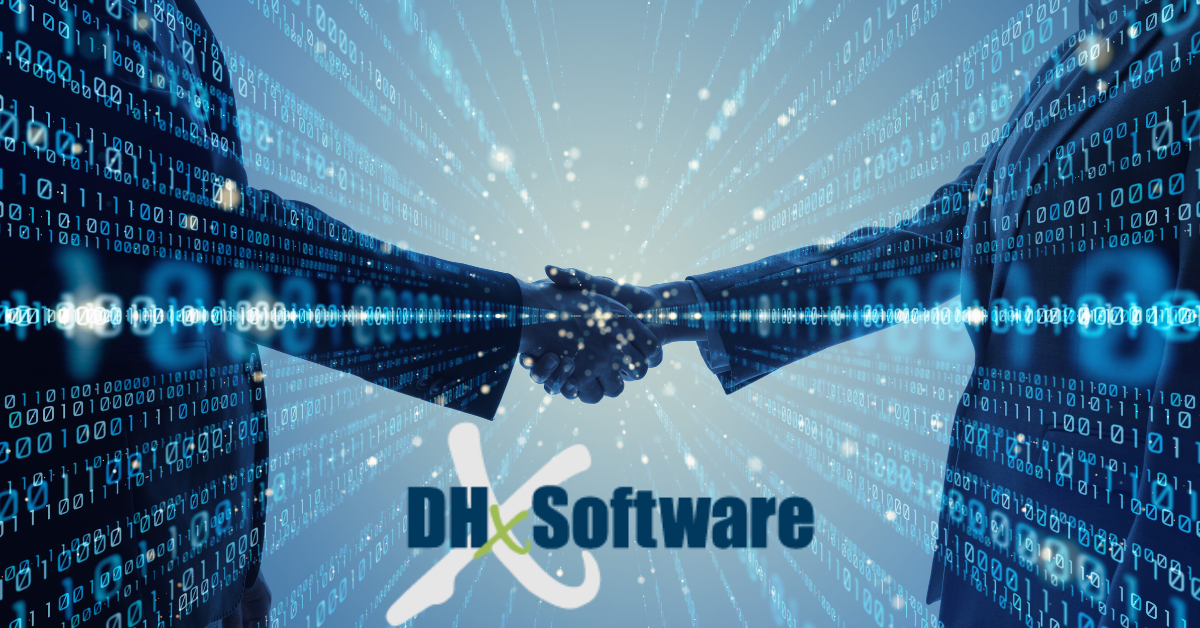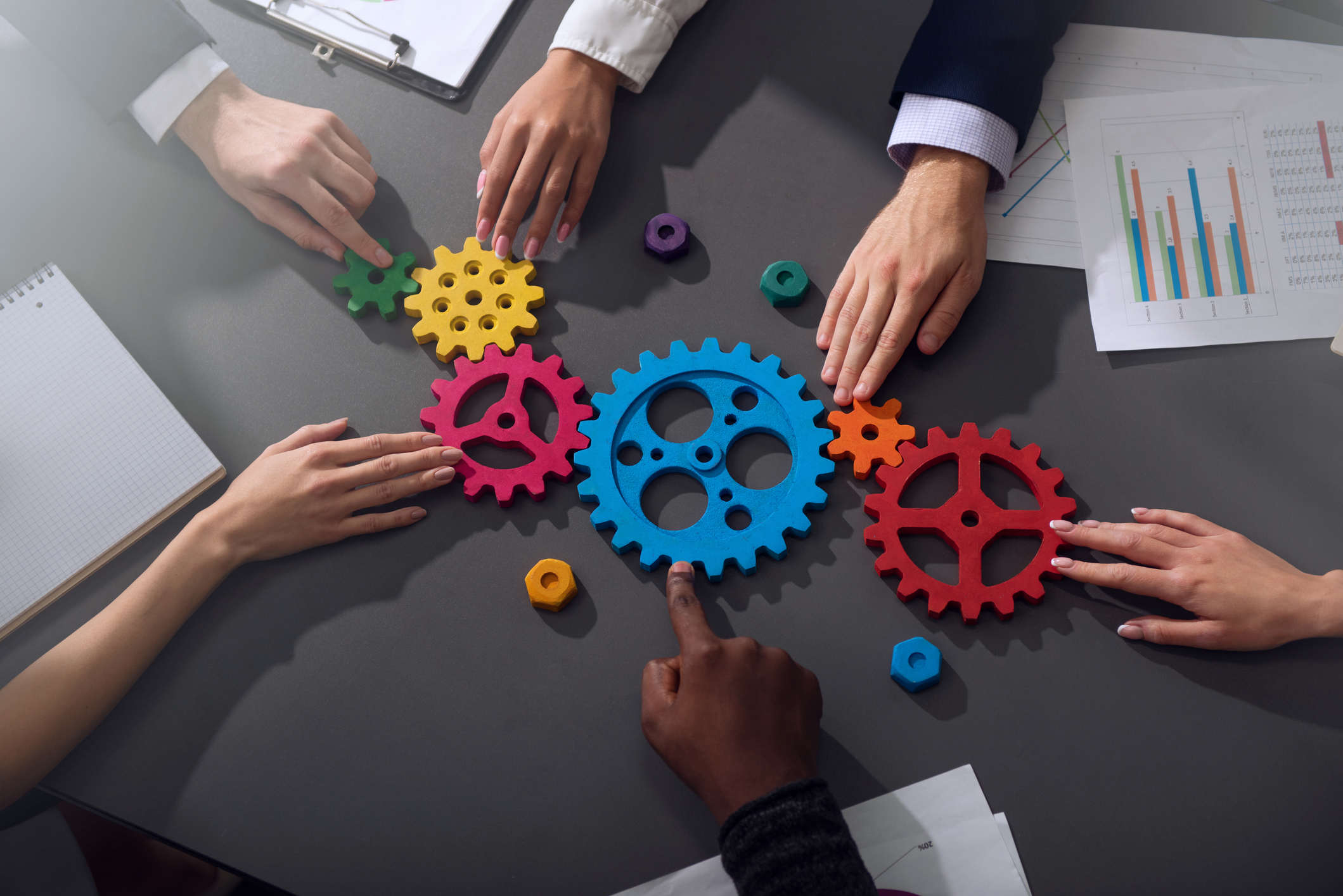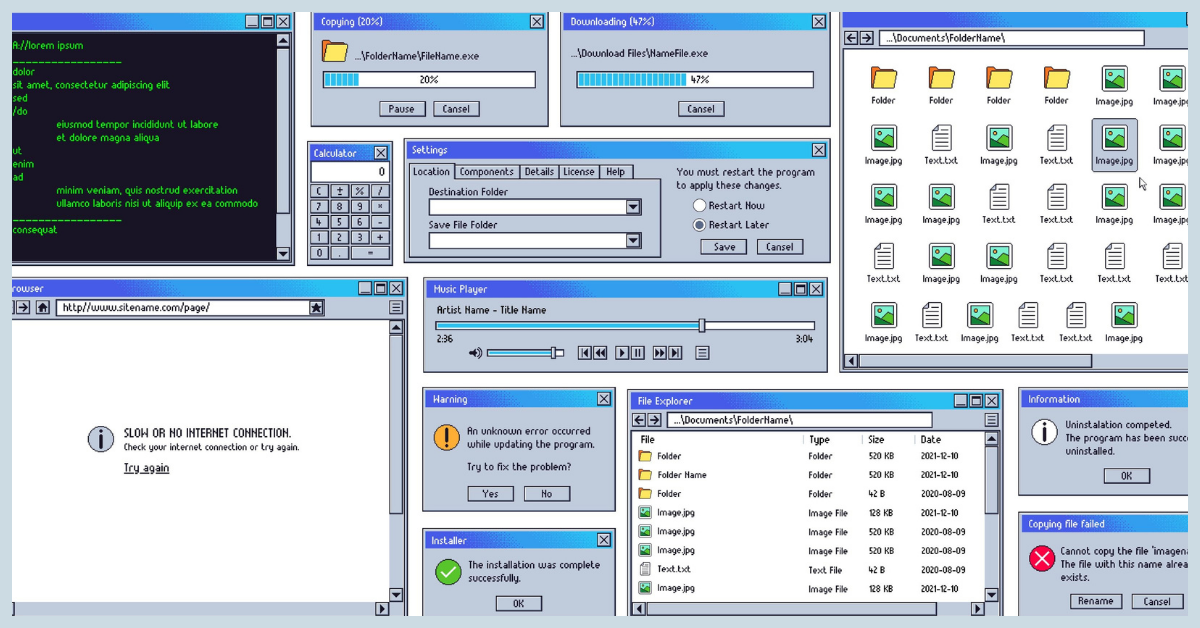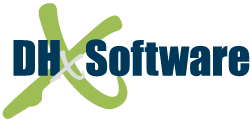As a full-service custom software services and business consulting agency, DHx...
-
Software Services
Software Services
- Workflow and Design Strategy Consulting
- Application Design & Development
- Application Modernization
- Application Integrations
- Custom Portals & Websites
- Data Management & Migration
- Enterprise Resource Planning
- Custom Sales Platforms
- Microsoft Access Migrations
- Cloud Migrations
- Custom Support Services
- eLearning Solutions
Recent Blog
 2024 in Tech: What's Changed and What's Nextread more
2024 in Tech: What's Changed and What's Nextread more -
Field Services
Field Services
Recent Blogs
 2024 in Tech: What's Changed and What's Nextread more
2024 in Tech: What's Changed and What's Nextread moreAs a full-service custom software services and business consulting agency, DHx...
-
Financial Services
Financial Services
Recent Blog
 2024 in Tech: What's Changed and What's Nextread more
2024 in Tech: What's Changed and What's Nextread moreAs a full-service custom software services and business consulting agency, DHx...
- Technologies
- Case Studies
-
About
Recent Blog
 2024 in Tech: What's Changed and What's Nextread more
2024 in Tech: What's Changed and What's Nextread moreAs a full-service custom software services and business consulting agency, DHx...
- Let's Connect
-
Software Services
- Workflow and Design Strategy Consulting
- Application Design & Development
- Application Modernization
- Application Integrations
- Custom Portals & Websites
- Data Management & Migration
- Enterprise Resource Planning
- Custom Sales Platforms
- Microsoft Access Migrations
- Cloud Migrations
- Custom Support Services
- eLearning Solutions
- Field Services
- Financial Services
- Technologies
- Case Studies
- About
- Let's Connect
-
Software Services
Software Services
- Workflow and Design Strategy Consulting
- Application Design & Development
- Application Modernization
- Application Integrations
- Custom Portals & Websites
- Data Management & Migration
- Enterprise Resource Planning
- Custom Sales Platforms
- Microsoft Access Migrations
- Cloud Migrations
- Custom Support Services
- eLearning Solutions
Recent Blog
 2024 in Tech: What's Changed and What's Nextread more
2024 in Tech: What's Changed and What's Nextread moreAs a full-service custom software services and business consulting agency, DHx...
-
Field Services
Field Services
Recent Blogs
 2024 in Tech: What's Changed and What's Nextread more
2024 in Tech: What's Changed and What's Nextread moreAs a full-service custom software services and business consulting agency, DHx...
-
Financial Services
Financial Services
Recent Blog
 2024 in Tech: What's Changed and What's Nextread more
2024 in Tech: What's Changed and What's Nextread moreAs a full-service custom software services and business consulting agency, DHx...
- Technologies
- Case Studies
-
About
Recent Blog
 2024 in Tech: What's Changed and What's Nextread more
2024 in Tech: What's Changed and What's Nextread moreAs a full-service custom software services and business consulting agency, DHx...
- Let's Connect
-
Software Services
- Workflow and Design Strategy Consulting
- Application Design & Development
- Application Modernization
- Application Integrations
- Custom Portals & Websites
- Data Management & Migration
- Enterprise Resource Planning
- Custom Sales Platforms
- Microsoft Access Migrations
- Cloud Migrations
- Custom Support Services
- eLearning Solutions
- Field Services
- Financial Services
- Technologies
- Case Studies
- About
- Let's Connect
What Is Enterprise Resource Planning Software?

Great question. Companies typically start asking about Enterprise Resource Planning (ERP) software when they realize their business processes aren’t working together. They find themselves using a combination of software, spreadsheets, databases, and third-party solutions. They discover that their data is duplicated and full of errors. They notice that information doesn’t flow throughout the business, causing delays, missed opportunities, and broken communication. That’s what ERP is: integrating a business’s process into a single, user-friendly solution, making the data easy to find, accurate, and constantly up to date.
Who Uses Enterprise Resource Planning?
When you hear a term like Enterprise Resource Planning, you probably think this is for big, Fortune 500 companies. If you’ve heard the term before, you may have heard of big solutions, like Oracle, SAP, and Microsoft. But those are not the only companies using ERP software. Businesses of any size can benefit from (and afford) a custom ERP solution.
You might consider a small business ERP solution if your business is experiencing any of the following:
- Inefficiency: You notice your processes slowing down or stopping due to a lack of information flow. For example, a new sales order may simply sit when it should kick-off project management, billing, and resource allocation.
- Growth: Your software is not scaling with your growth, in revenue, or in personnel (users). You may also notice the software starting to slow down or even crash as a result.
- Spreadsheets: You’re still using spreadsheets to collate data and generate reports.
- Business Performance: Probably the biggest reason to move to an ERP system is missing your business goals. Efficiency, communication, sales, marketing...all of these can improve by integrating your business processes.
- Software Costs: You start to notice that software is costing you more and more to maintain -- including licensing, maintenance agreements, add-ons, customizations.
- Customer Complaints: Your team is hearing complaints from customers (and vendors/suppliers) due to missing deadlines, poor communication, billing issues, or more.
What Is The Difference Between ERP and CRM?
Another common question we get: isn’t my CRM (Customer Relationship Management) an ERP solution? Often, CRMs integrate with financial, operational, and other software components to provide the feel and some functionality of an ERP solution. However, a CRM solution helps your business interact with prospects and customers, specifically. It’s a subset of an ERP solution. When we create custom ERP software solutions for our customers, one of the most common components is the CRM and we add components to manage other pieces of your business, such as inventory and production.
What Software Can Be Used For Enterprise Resource Planning?
Just about any off-the-shelf solution, from Oracle to Netsuite, can be used for an ERP solution. However, if you have been growing and expanding your business based on a very specific process that generally yields great results for your customers and your team, then a custom solution is likely a better option than a pre-packaged one.
We also find that the biggest resistance from users to the change in software is how it works. Your team has habits formed and knows what they want. When you build your software specifically to those, the level of acceptance and use goes way up.
Start Designing Your ERP Software
The right Enterprise Resource Planning software can really help your business achieve your business goals and maximize business performance. It’s a way to make sure processes and information flow across the whole organization. It creates better efficiency and streamless communication inside and outside your business.
Schedule a call with us to learn more. We have the small business experience to understand your specific needs. Schedule now.
- By DHx SoftwareYou may also like

As a full-service custom software services and business consulting agency, DHx has spent 2024 focusing on what matters most: solving real business problems for our clients. While the tools and...

Are you still running your business on outdated technology? If so, you might be paying a higher price than you realize. Legacy systems, while familiar, can be a significant financial burden. Let's...
